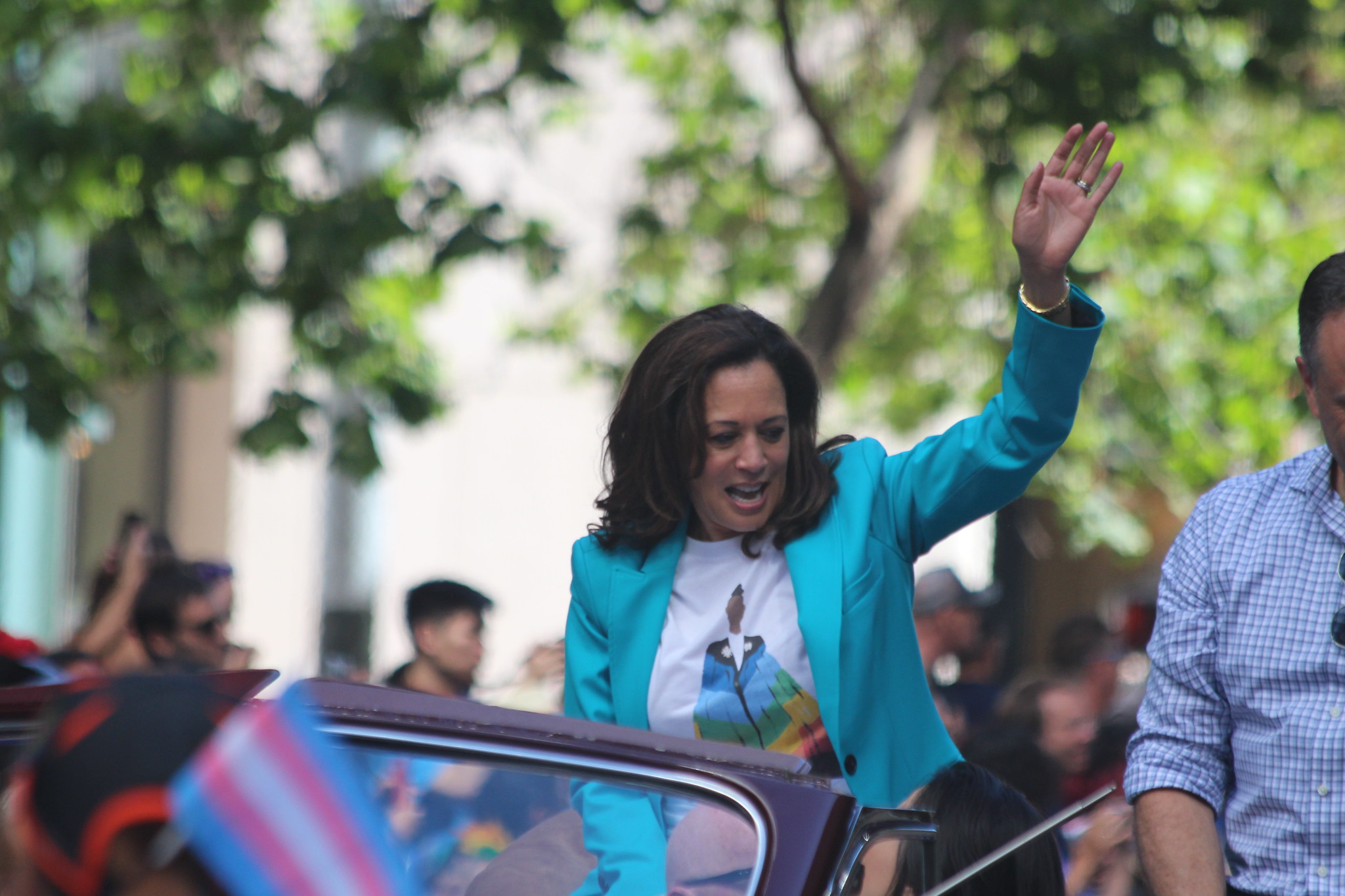In a recent op-ed, Rob Flaherty, a digital strategist for the Biden administration, acknowledged the ongoing struggles of the Democratic Party in the culture wars, stating, "Democrats keep losing the culture war, and with it, the narrative war that inevitably shapes who wins elections." His remarks come in the wake of a controversial ad campaign by American Eagle featuring actress Sydney Sweeney, which has sparked significant debate within political circles.
Explainer Democrats Reflect on Party Challenges Amid Culture Wars
Flaherty's commentary highlights a broader concern among Democrats regarding their messaging and public perception. He attributes some of the party's challenges to what he describes as a "media ecosystem" that distorts their message. Critics, however, argue that this perspective overlooks deeper issues of credibility and connection with the American electorate.
The op-ed, published in Politico, reflects a growing sense of urgency among Democrats to reassess their strategies. Flaherty suggests that the party's failure to effectively leverage new digital communication models has hindered their ability to resonate with voters. He points to the right's successful media-to-politics pipeline as a model that Democrats should emulate.
Despite Flaherty's call for introspection, some party members remain skeptical of his analysis. Critics contend that the Democratic Party's reliance on radical fringes and social media influencers has alienated traditional working-class voters. They argue that the party must address its messaging and substance rather than merely focusing on digital strategies.
Flaherty's role in the Biden campaign has drawn scrutiny, particularly regarding his efforts to counter negative perceptions of President Biden during the 2020 election. His strategies included promoting images of Biden to counteract concerns about his age and mental acuity. This approach, according to some analysts, may have contributed to a perception of dishonesty among voters.
The op-ed also touches on the challenges faced by Vice President Kamala Harris, who Flaherty admits was a controversial choice for the ticket. He states, "I have soul searched about why [Harris] lost," but does not fully confront the criticisms surrounding her candidacy.
As the Democratic Party grapples with its identity and messaging, the influence of social media continues to shape political discourse. Flaherty's observations about the backlash against the American Eagle ad illustrate the complexities of navigating cultural sensitivities in a polarized environment.
In a broader context, the Democratic Party's struggles reflect a shifting political landscape where traditional bases of support are evolving. The party's reliance on social media and influencers has raised questions about its ability to connect with a diverse electorate.
Flaherty's concluding remarks urge Democrats to focus on forming perceptions rather than merely addressing issues. He suggests that the party must adopt a more effective narrative strategy to regain trust among voters. However, critics maintain that without substantive policy changes, such efforts may fall flat.
As the 2024 elections approach, the Democratic Party faces a critical juncture. The need for a cohesive strategy that resonates with a broad spectrum of voters has never been more pressing. Flaherty's reflections may serve as a catalyst for deeper discussions within the party about its future direction and the challenges it must overcome to remain competitive in an increasingly complex political landscape.
Why it matters
- Rob Flaherty's op-ed highlights the Democratic Party's struggles in the culture wars, emphasizing the need for better messaging to win elections.
- The controversy surrounding the American Eagle ad reflects broader concerns about the party's connection with traditional voters.
- Flaherty's insights suggest a critical reassessment of digital strategies is necessary for Democrats to regain voter trust.
- The op-ed underscores the urgency for the Democratic Party to address its identity and messaging as the 2024 elections approach.
What’s next
- Democrats may initiate internal discussions to develop a cohesive strategy ahead of the 2024 elections.
- Calls for a reassessment of party messaging and policy may lead to upcoming meetings among party leaders.
- Critics may push for a focus on substantive policy changes rather than just digital strategies.
